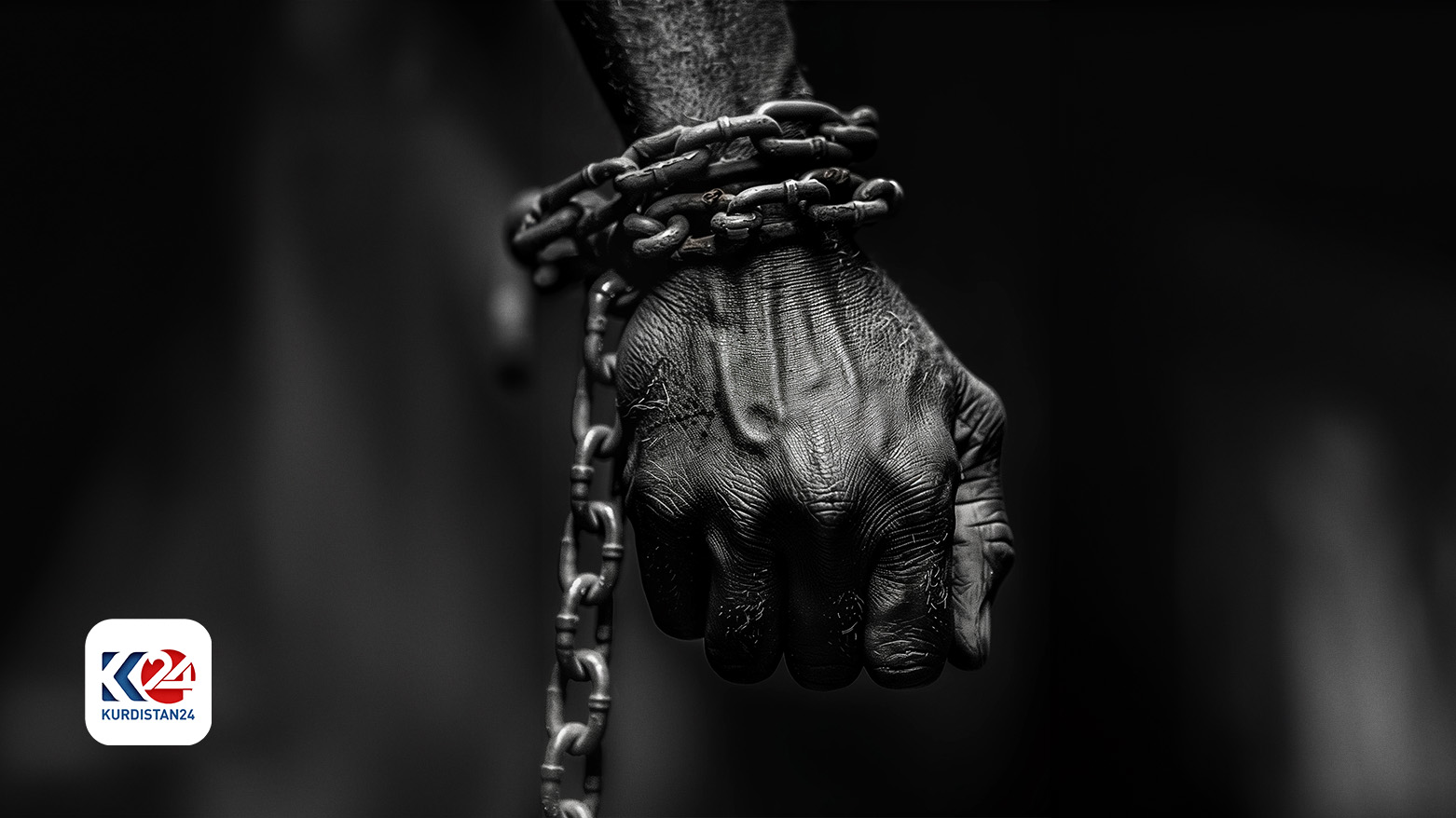Death, torture, delayed visits: inside Iraq's harrowing prison system
The situation of prisoners in Iraq remains a critical human rights issue, with urgent calls for reform and better conditions to protect the rights and dignity of detainees.

ERBIL (Kurdistan24) - Prisoners and detainees in Iraqi jails are enduring severe hardships, including significant delays and restrictions on visits from their relatives.
In some prisons, it can take up to three months for family members to see their detained loved ones, a situation that has drawn sharp criticism from human rights organizations and activists.
Although there are no precise figures on the number of detainees in Iraq, estimates suggest that there are around 100,000 prisoners housed in facilities managed by the Ministries of Justice, Interior, and Defense, as well as those under the control of security agencies, national security, and counter-terrorism units.
Additionally, the Popular Mobilization Forces (PMF or Hashd al-Shaabi) and several secret prisons also hold thousands of prisoners.
Under the current prison regulations, inmates are permitted to see their family or lawyer twice a month. However, in prisons such as Taji and Nasiriyah Central Prison (al-Hoot), visits are frequently banned for up to three months.
This restriction has been condemned by human rights groups, who report that relatives of detainees often wait for hours outside the prisons, only to be treated in a degrading manner when visits are allowed.
There have also been allegations of bribes being demanded for basic necessities like food and clothing.
The Iraqi Center for Documenting War Crimes recently reported that 50 prisoners have died from torture in Iraqi prisons this year alone.
The center highlighted the poor conditions under which tens of thousands of detainees are held, with health issues being neglected due to revenge and sectarian motives.
Deaths have been recorded not only in prisons under the Ministries of Justice, Interior, and Defense but also in secret militia-run facilities.
Prominent political figure Misha'an al-Jibouri has spoken out against the injustices faced by prisoners in Kadhimiyya, Taji, and Nasiriyah Central Prison (al-Hoot).
He noted that authorities sometimes prevent family visits to conceal the harsh realities of prison life. Some inmates have reportedly not seen their relatives for nearly seven years.
Al-Jibouri also claimed that prisoners are often forced to pay for food and drink, exacerbating their already dire circumstances.
The situation of prisoners in Iraq remains a critical human rights issue, with urgent calls for reform and better conditions to protect the rights and dignity of detainees.
Additional reporting by Kurdistan24's correspondent Zanko Mohammed